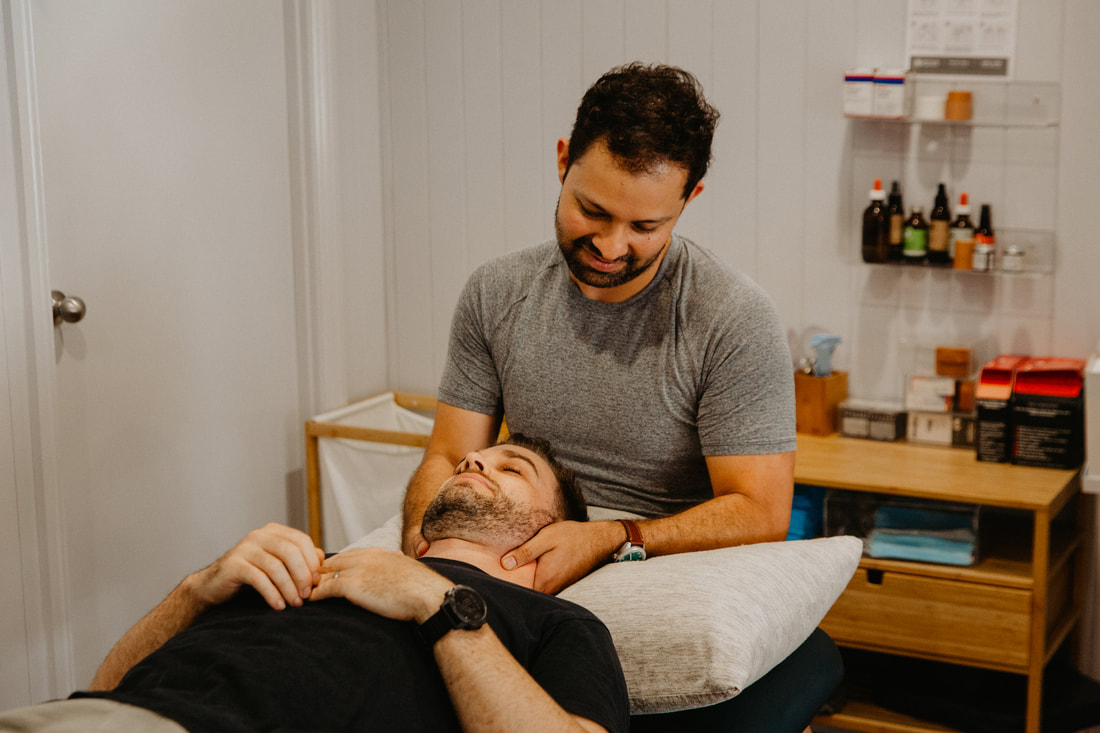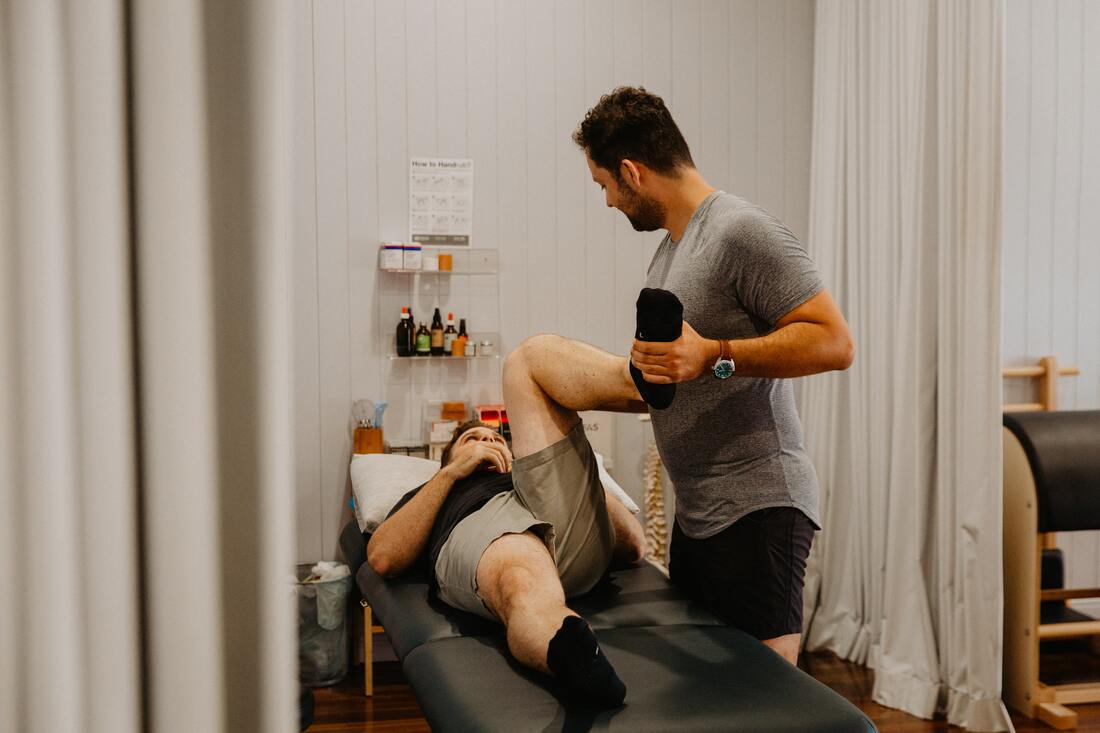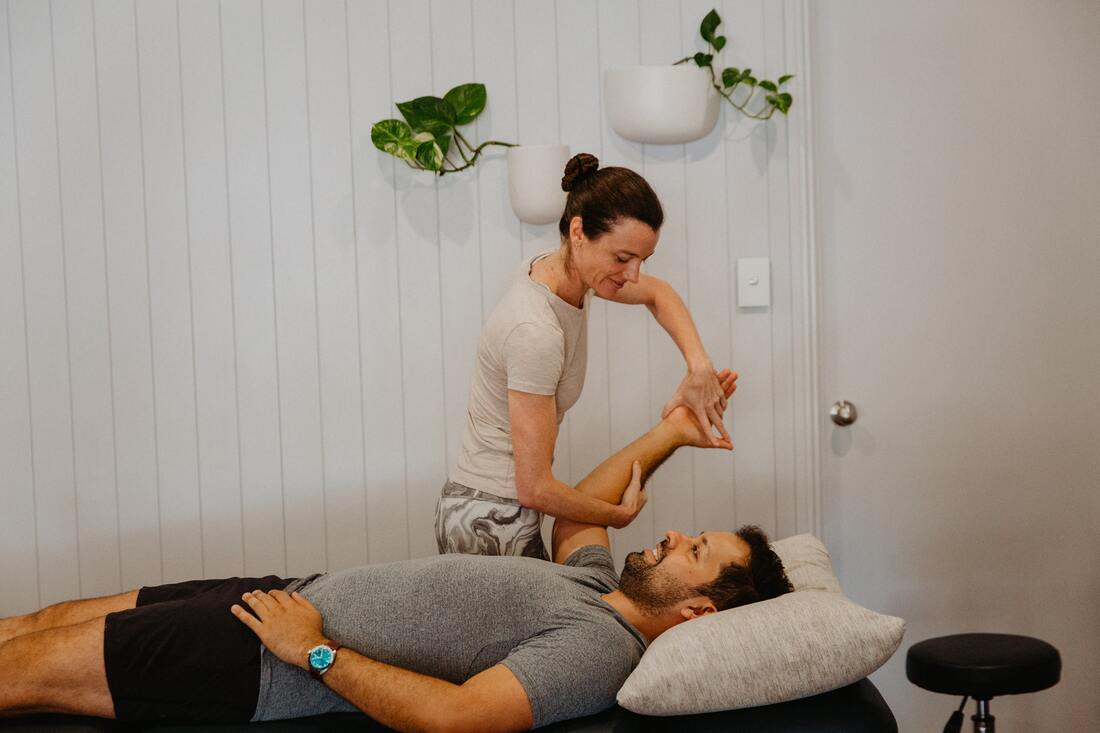Alzheimer's Disease physiotherapy Brisbane southside.
What is Alzheimer's disease?
Alzheimer's disease is a progressive neurological disorder that affects a person's memory, thinking, and behavior. It is the most common form of dementia and is characterised by the presence of abnormal protein deposits in the brain. As the disease progresses, the brain cells degenerate and die, causing a decline in cognitive and functional abilities.
How is Alzheimer's disease diagnosed?
Diagnosing Alzheimer's disease involves a comprehensive evaluation of the patient's medical history, physical and neurological exams, and cognitive assessments. The diagnosis is usually made based on the exclusion of other possible causes of dementia and the presence of characteristic symptoms such as memory loss, language difficulties, and impaired judgment. Brain imaging and laboratory tests may also be used to support the diagnosis.
How can physiotherapy help in Alzheimer's disease?
Physiotherapy can play a crucial role in managing the symptoms and improving the quality of life of individuals with Alzheimer's disease. Physical activity and exercise programs can help maintain physical function, mobility, and balance, reducing the risk of falls and injuries. Physiotherapists can also provide personalised rehabilitation programs to improve motor skills, coordination, and flexibility, promoting independent living and social engagement.
In addition, physiotherapy interventions such as massage, heat therapy, and hydrotherapy can help alleviate pain, stiffness, and muscle tension, reducing anxiety and promoting relaxation.
How can clinical Pilates help with Alzheimer's disease?
Clinical Pilates is a form of therapeutic exercise that focuses on improving core stability, posture, and body awareness. Pilates exercises can help maintain or improve physical function and mobility, reducing the risk of falls and injuries. In addition, Pilates can help improve cognitive function and mental health by promoting relaxation and reducing stress and anxiety.
Studies have shown that Pilates can improve balance, gait, and muscle strength in older adults, including those with Alzheimer's disease. Pilates exercises can be adapted to meet the specific needs and abilities of individuals with Alzheimer's disease, making it a safe and effective form of exercise for this population.
Our physiotherapists can develop a customised treatment plan tailored to each individual's needs and goals. With the help of physiotherapy, many people with neurological conditions can improve their movement and function, reduce pain, and improve their quality of life. If you or a loved one has been diagnosed with Alzheimer's Disease and would like to find out more about how our team can help, please don't hesitate to give us a call on 07 3706 3407 or email us at [email protected]. We are happy to accept CDMPs and NDIS patients.
Alzheimer's disease is a progressive neurological disorder that affects a person's memory, thinking, and behavior. It is the most common form of dementia and is characterised by the presence of abnormal protein deposits in the brain. As the disease progresses, the brain cells degenerate and die, causing a decline in cognitive and functional abilities.
How is Alzheimer's disease diagnosed?
Diagnosing Alzheimer's disease involves a comprehensive evaluation of the patient's medical history, physical and neurological exams, and cognitive assessments. The diagnosis is usually made based on the exclusion of other possible causes of dementia and the presence of characteristic symptoms such as memory loss, language difficulties, and impaired judgment. Brain imaging and laboratory tests may also be used to support the diagnosis.
How can physiotherapy help in Alzheimer's disease?
Physiotherapy can play a crucial role in managing the symptoms and improving the quality of life of individuals with Alzheimer's disease. Physical activity and exercise programs can help maintain physical function, mobility, and balance, reducing the risk of falls and injuries. Physiotherapists can also provide personalised rehabilitation programs to improve motor skills, coordination, and flexibility, promoting independent living and social engagement.
In addition, physiotherapy interventions such as massage, heat therapy, and hydrotherapy can help alleviate pain, stiffness, and muscle tension, reducing anxiety and promoting relaxation.
How can clinical Pilates help with Alzheimer's disease?
Clinical Pilates is a form of therapeutic exercise that focuses on improving core stability, posture, and body awareness. Pilates exercises can help maintain or improve physical function and mobility, reducing the risk of falls and injuries. In addition, Pilates can help improve cognitive function and mental health by promoting relaxation and reducing stress and anxiety.
Studies have shown that Pilates can improve balance, gait, and muscle strength in older adults, including those with Alzheimer's disease. Pilates exercises can be adapted to meet the specific needs and abilities of individuals with Alzheimer's disease, making it a safe and effective form of exercise for this population.
Our physiotherapists can develop a customised treatment plan tailored to each individual's needs and goals. With the help of physiotherapy, many people with neurological conditions can improve their movement and function, reduce pain, and improve their quality of life. If you or a loved one has been diagnosed with Alzheimer's Disease and would like to find out more about how our team can help, please don't hesitate to give us a call on 07 3706 3407 or email us at [email protected]. We are happy to accept CDMPs and NDIS patients.



